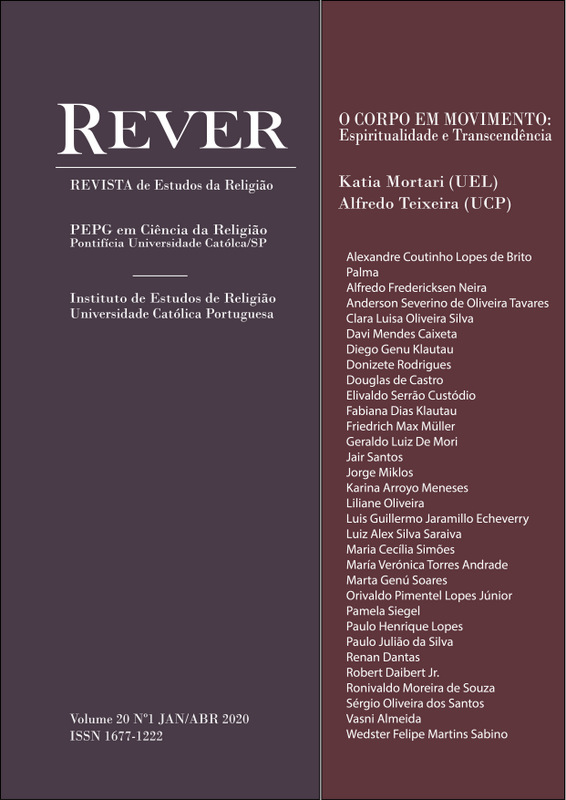Religiosidade protestante diante da união dos negros do Amapá: a experiência do afro-protestantismo
DOI:
https://doi.org/10.23925/1677-1222.2020vol20i1a17Palavras-chave:
Religiosidade, Identidade, Afro-protestantismo, AmapáResumo
O presente texto objetiva discutir sobre a religiosidade protestante diante da união dos negros do Amapá: a experiência do afro-protestantismo, isto é, a experiência híbrida de cunho religioso afro com o protestantismo histórico e pentecostal de um quilombo localizado no município de Macapá-AP. Quilombo este de origem africana que surgiu em 1954, mas que, a partir de 1968, optou pela religiosidade protestante. O presente trabalho é parte integrante de um estudo etnográfico de natureza qualitativa que adotou a pesquisa bibliográfica, a análise documental, a entrevista semiestruturada no âmbito da tese de doutorado em teologia defendida em 2017 pela Faculdades EST, em São Leopoldo-RS. Os resultados da pesquisa apontam que a “nova identidade quilombola” da CRQMP é o resultado de uma junção de elementos ligados às raízes de sua ancestralidade com elementos e símbolos de doutrinas protestantes, ou seja, há um hibridismo cultural-religioso. Além disso, os resultados da pesquisa demonstram que, embora não haja essência de uma identidade negra pura e/ou autêntica, os traços de cultura negra estão presentes em seu cotidiano, nas formas de criar, saber e fazer, como pudemos perceber em suas celebrações religiosas afro-protestantes.
Downloads
Publicado
Como Citar
Edição
Seção
Licença
Autores que publicam nesta revista concordam com os seguintes termos:
- Autores mantém os direitos autorais e concedem à revista o direito de primeira publicação, com o trabalho simultaneamente licenciado sob a Licença Attribution-NonCommercial 4.0 International, que permite o compartilhamento do trabalho com reconhecimento da autoria e publicação inicial nesta revista.
- Autores têm autorização para assumir contratos adicionais separadamente, para distribuição não exclusiva da versão do trabalho publicada nesta revista (ex.: publicar em repositório institucional ou como capítulo de livro), com reconhecimento de autoria e publicação inicial nesta revista.


